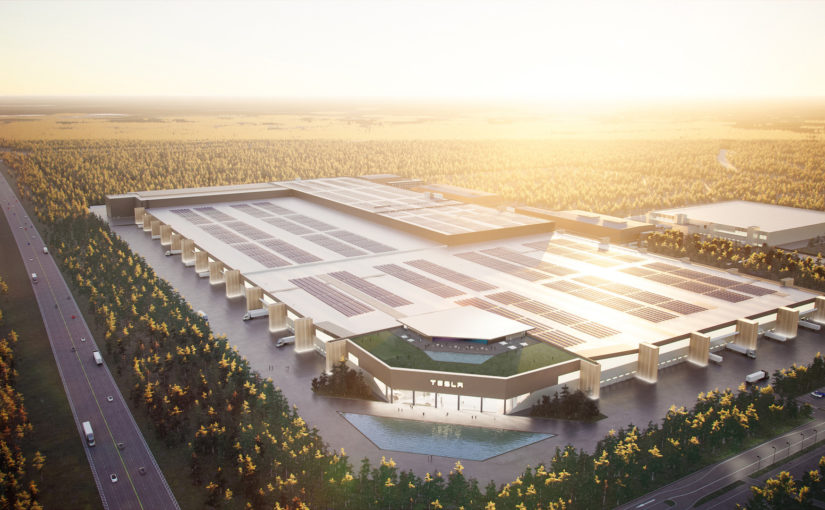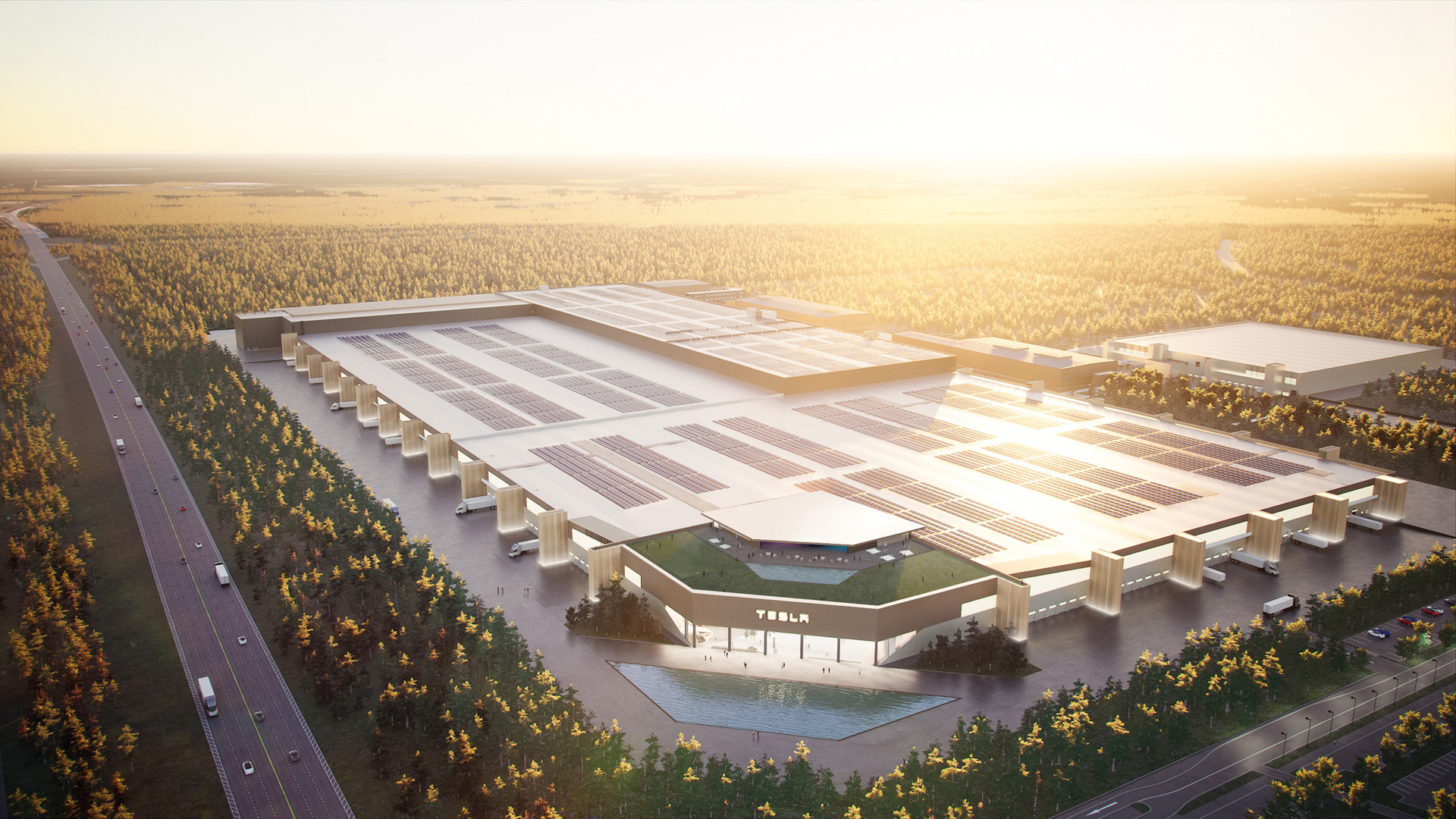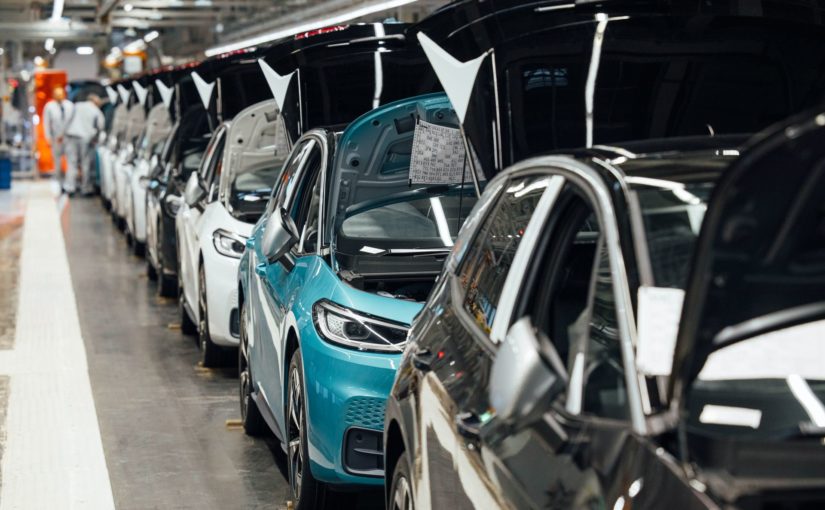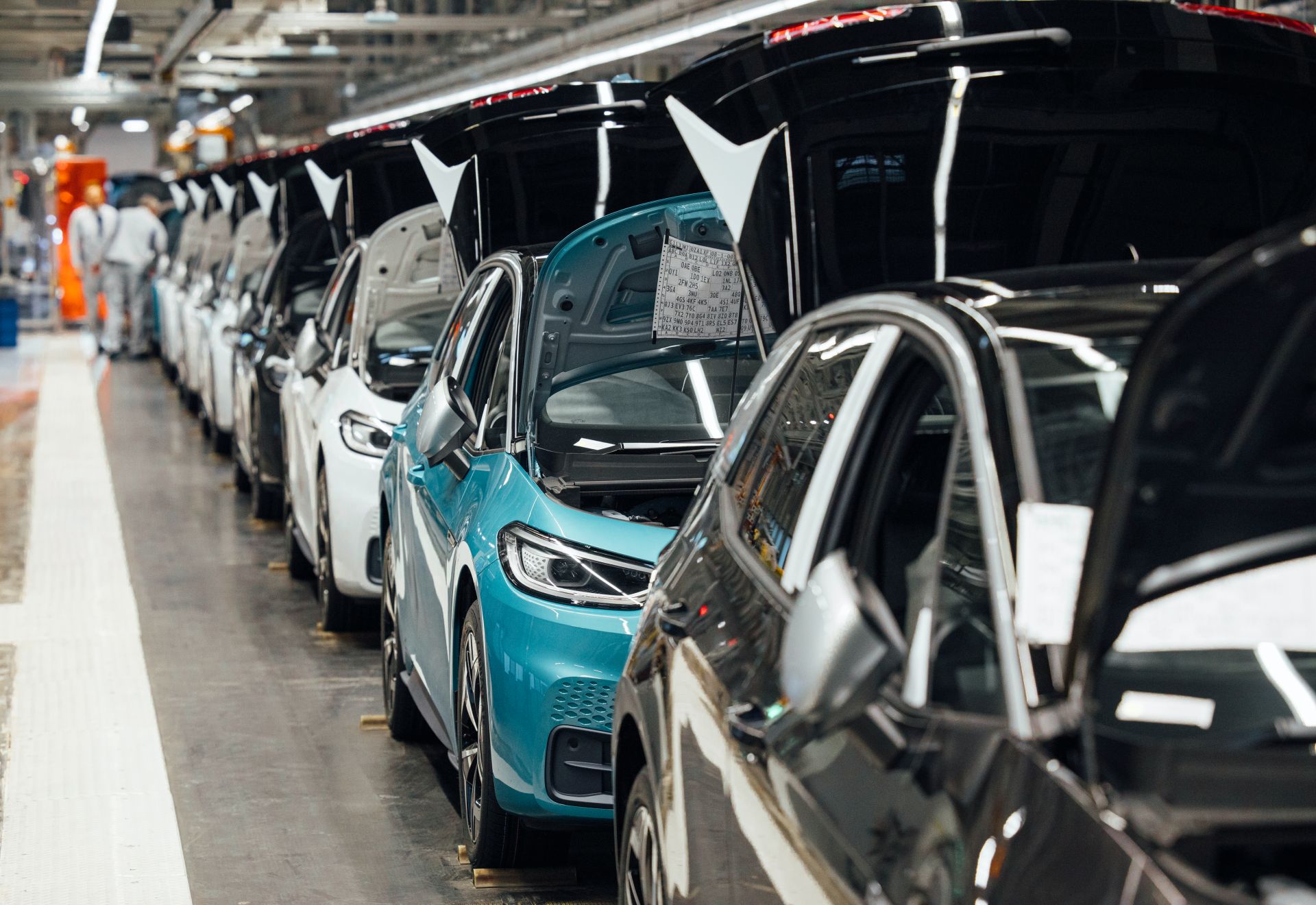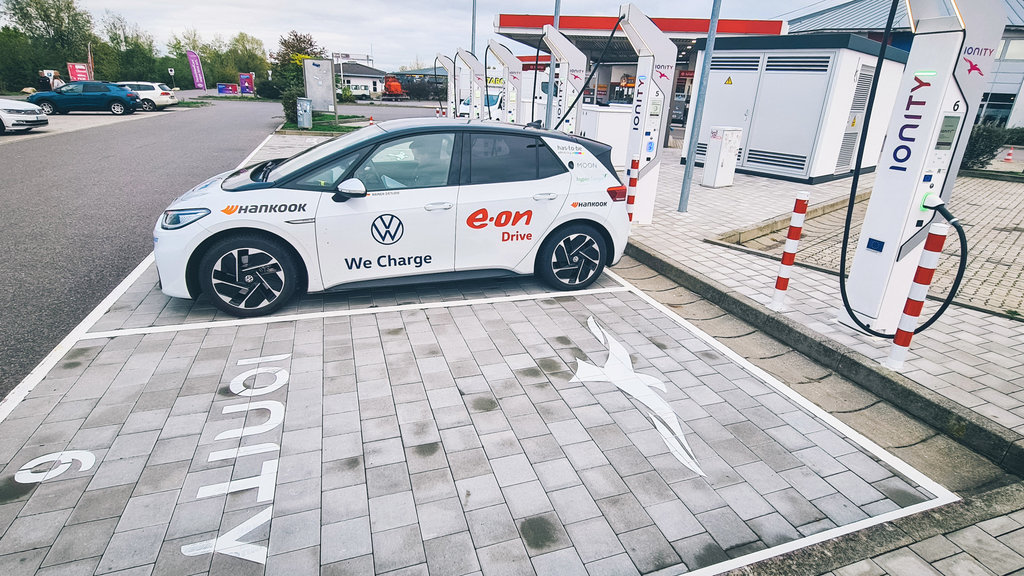Tesla’s CEO, Elon Musk, told media he hopes the company’s German gigafactory in Gruenheide, near Berlin, will open in October during a tour of the plant that is still under construction.
“We’re looking forward to hopefully getting the approval to make the first cars maybe in October if we are fortunate,” Musk said during the plant visit, which, Reuters reports, hosted Armin Laschet, the conservative candidate set to succeed Angela Merkel as chancellor.
The factory was initially supposed to open in July 2021 but its opening was pushed back to late 2021, with some reports claiming that production wouldn’t start until January 2022. Musk publicly blamed German bureaucracy for the delays and has apparently found a kindred spirit in Laschet, who has been critical of the German government’s red tape.
Read Also: German Labor Authorities Probe Working Conditions At Tesla’s Berlin Gigafactory
“Sometimes one has the impression that inventing something new is technologically easier than dismantling bureaucracy in Germany,” Laschet said during the tour.
The factory has been investigated several times for its construction practices. In May, German labor authorities investigated the site for allegedly paying construction crews less than the national minimum wage and housing them in cramped living quarters where cases of the coronavirus were able to spread.
In April, meanwhile, the site came under the Brandenburg Ministry of the Environment’s scrutiny for allegedly using illegal plumbing that diverted wastewater from the factory into the local drinking water supply. Reuters reports that the environmental agency has yet to give the site its final approvals, meaning that further delays are impossible to rule out.
Regardless, Musk was excited about the plant’s prospects, later tweeting out an invitation to the local community to visit the plant on October 9.
Priority for residents of Brandenburg & Berlin, but also open to general public
— Elon Musk (@elonmusk) August 13, 2021
